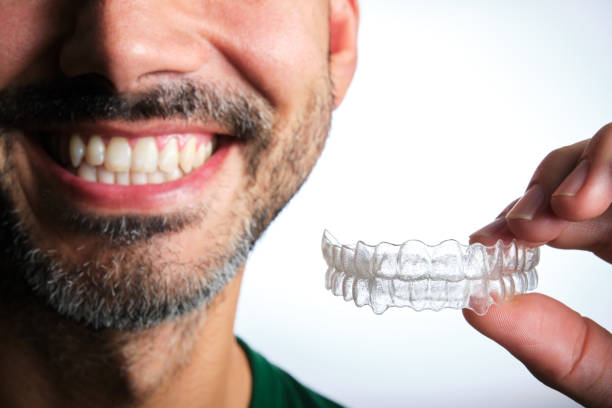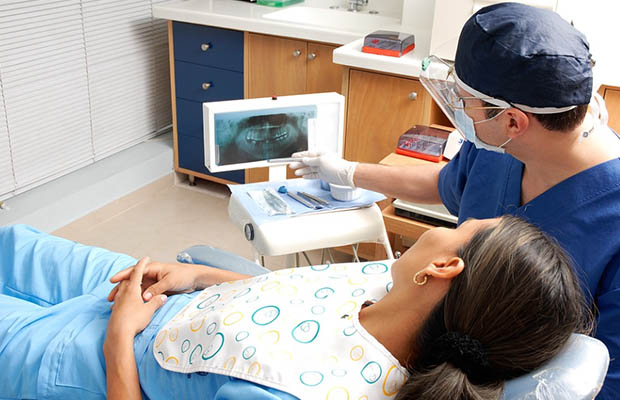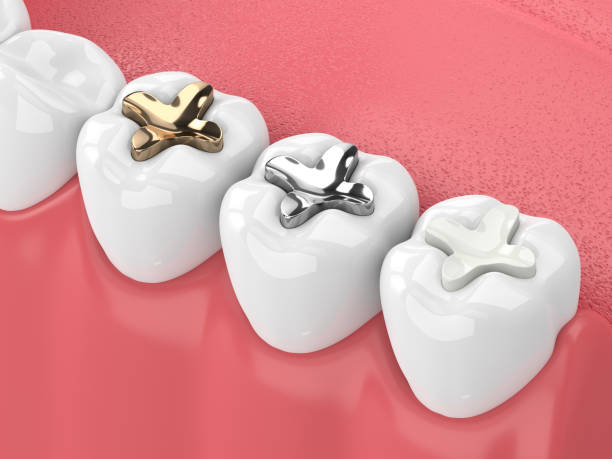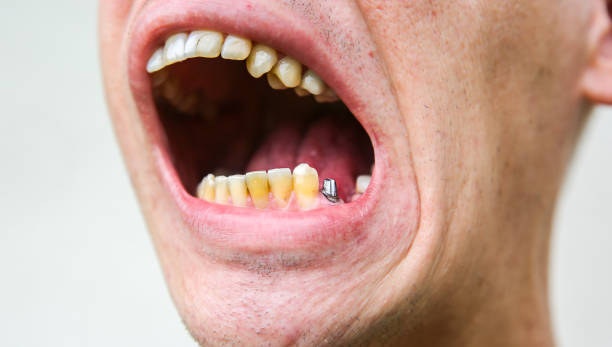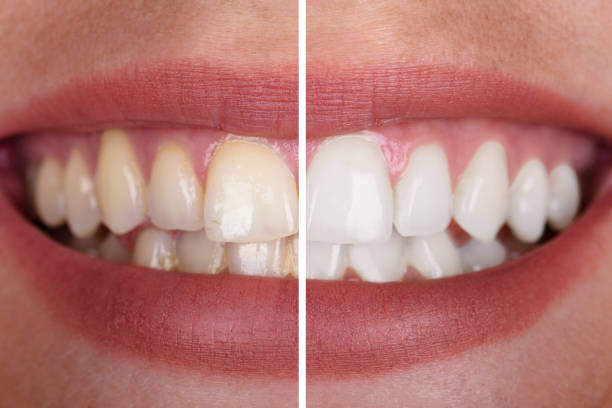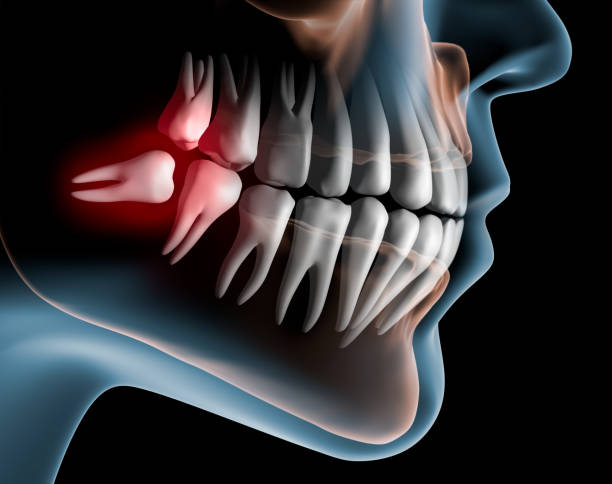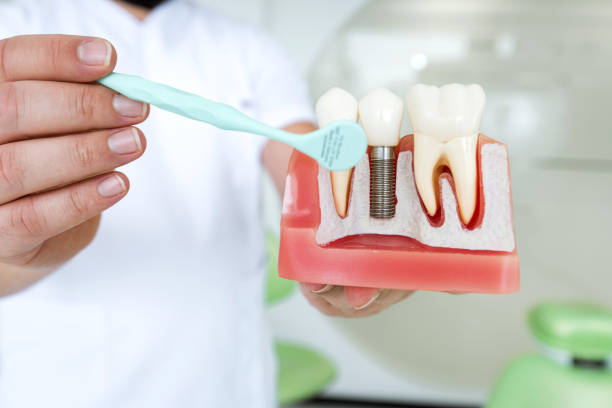Your third molars, also known as your wisdom teeth, are the last set of teeth to erupt and can result in major issues if they don’t do so in a healthy way. Do you have to get your wisdom teeth removed? To help you understand, we will discuss the below article.
Table of Contents
Do You Have to Get Your Wisdom Teeth Removed?
The quick response is no.
Your wisdom teeth only need to be removed if they are causing issues. In actuality, not everyone is born with wisdom teeth, which obviates the need for wisdom tooth removal in a particular population.
Only after doing a complete dental exam, during which Dr. George Saliba looks for any current or potential issues with your wisdom teeth, can we decide whether or not you need a removal operation.
When Is Wisdom Teeth Removal Necessary?
Wisdom teeth need to be removed when they cause issues or when X-rays indicate they could in the future. Other justifications to remove them include:
- Damage to other teeth: Having an extra set of molars can force your other teeth into an uncomfortable position and affect your bite.
- Jaw damage: Cysts may develop around newly erupted teeth. They can hollow out your jaw and harm nerves if they are not treated.
- Problems with the wisdom teeth can cause pain, pressure, and congestion in the sinuses.
- Gums that are inflamed: The surrounding tissue may expand and be challenging to clean.
- Cavities: Swollen gums can form spaces between teeth, which encourage bacterial growth and the development of cavities.
- Alignment: Impacted wisdom teeth might crowd other teeth, which may necessitate orthodontic treatment for other teeth.
How to Know Whether You Need Your Wisdom Teeth Removed?
Wisdom teeth frequently do not present issues until it is too late, which is one justification for early removal. In other words, a wisdom tooth might not hurt, infect, or injure you until the tooth’s root is well-established and the area of your jawbone where the tooth is located has developed into a very dense structure.
Waiting until then to have your wisdom teeth removed could result in a more intrusive procedure and a lengthier, more painful recovery.
Because of this, coming to Gem Dental for an evaluation is the best method to find out whether you need to have your wisdom teeth removed. Observe for the following indications that your wisdom teeth are erupting:
- While eating, you feel sensitivity at the back of your jaw
- A feeling of pressure in the jaw’s rear
- Discomfort near your molars
Risks of Keeping Your Wisdom Teeth
The following wisdom teeth symptoms could occur if you decide not to have your wisdom teeth extracted:
- Your wisdom tooth may become impacted and trapped under the gums if there is not enough room in your mouth for it to grow normally.
- A flap of gum tissue may develop over your wisdom tooth if it only emerges partially. Your gums may become sore, red, and swollen as a result, which are the early symptoms of an infection, and food debris may end up getting trapped under the flap.
- If you decide to keep your wisdom teeth, you run a higher risk of developing periodontal disease and cavities in the back of your mouth. Two times yearly dental exams at Rockcliffe Dental & Denture Center can help to identify and address these issues early.
- Infections can harm neighboring bones and teeth if they develop around impacted wisdom teeth. Around an impacted tooth, a fluid sac may develop, and over time, that fluid sac may develop into a cyst. The jaw, bones, and nearby teeth could sustain significant harm as a result.
- Future orthodontic treatment could be difficult if your wisdom teeth are present.
Risks of Wisdom Teeth Extraction
If your wisdom teeth aren’t impacted or causing any problems, you should consider the potential risks and benefits before deciding whether to have them removed.
Complications are less likely if you choose a qualified and experienced dentist to perform your oral surgery. However, any surgical removal of wisdom teeth carries the following risks:
- bleeding that continues for around 24 hours.
- pain and swelling in the tooth socket and gums.
- Slow-healing gums.
- difficulty opening your jaw or jaw pain.
- damage to nearby teeth’s roots or to dental work, such as bridges or crowns.
- After the local anesthetic wears off, you may experience numbness in your lips and mouth due to jaw swelling or nerve damage. Usually, this numbness dissipates over time, but it can occasionally last longer.
- a hole created in your jaw that can be used to access your sinus cavity if your upper teeth need to be removed.
- painful swelling and a dry socket are the results. It happens when the blood clot that forms inside the empty tooth socket is prematurely dislodged.
Conclusion
Even though wisdom teeth extraction is one of the most popular dental treatments, many folks find that this is not an issue. When determining whether to have your wisdom teeth removed, keep in mind that it’s crucial to have them removed as soon as symptoms like those described here start to occur in order to prevent your teeth and jaw alignment from being negatively impacted.

